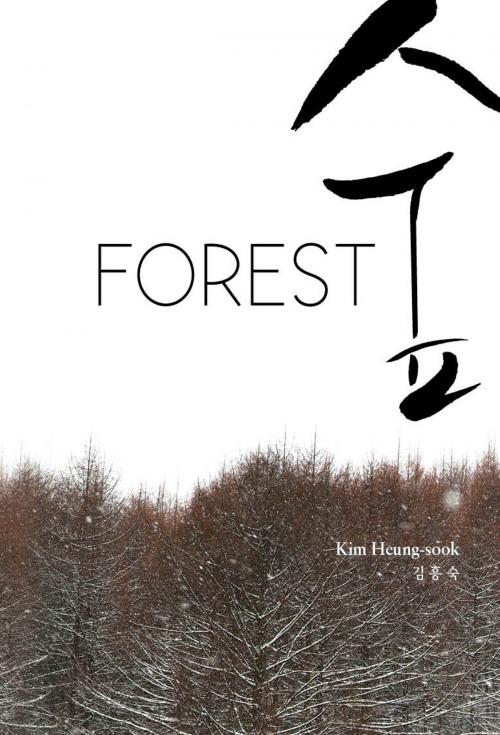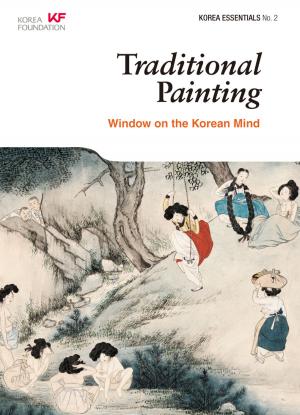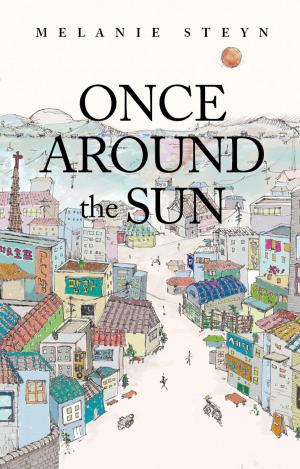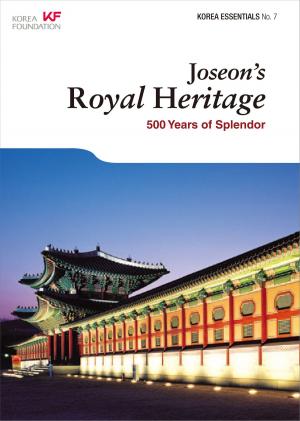| Author: | Kim Heung-sook | ISBN: | 9788997639984 |
| Publisher: | Seoul Selection | Publication: | June 28, 2018 |
| Imprint: | Language: | English |
| Author: | Kim Heung-sook |
| ISBN: | 9788997639984 |
| Publisher: | Seoul Selection |
| Publication: | June 28, 2018 |
| Imprint: | |
| Language: | English |
This unique collection of unembellished poems, the fourth book by veteran author, journalist, columnist and radio presenter Kim Heung-sook, invites the reader into a realm of nature and self-reflection. Inspired by a forest in which the author regularly spent time away from the cacophony of the rest of the world, the 81 poems in this collection are largely confined to just five or six short concise, yet thought-provoking, lines. To use the author's own analogy: if poems are temples of words (as explicitly suggested by the Chinese character for poetry), these are temples of the simplest kind, with little more than a single tree and a fountain to their name.
Another unique aspect of Forest is the fact that the author, who spent much of her career in English-language media in Korea, wrote both the Korean and English versions of each poem, rather than relying on a separate translator.
Reflecting on nature, weather, the seasons, aging, love, travel, longing and more, the poems are divided into three categories: "Forest", "Road" and "Home". As well as being a collection of poems in its own right, Kim says, Forest is a call to other potential poets—in other words, everyone—to embrace the genre. As she says in the preface:
"This book, then, is a letter from one poet to all the poets of the world. I hope those who receive it will build as many of their own 'temples of words' as possible, for writing poetry is one of the most beautiful ways of saving the world from becoming a darker place."
This unique collection of unembellished poems, the fourth book by veteran author, journalist, columnist and radio presenter Kim Heung-sook, invites the reader into a realm of nature and self-reflection. Inspired by a forest in which the author regularly spent time away from the cacophony of the rest of the world, the 81 poems in this collection are largely confined to just five or six short concise, yet thought-provoking, lines. To use the author's own analogy: if poems are temples of words (as explicitly suggested by the Chinese character for poetry), these are temples of the simplest kind, with little more than a single tree and a fountain to their name.
Another unique aspect of Forest is the fact that the author, who spent much of her career in English-language media in Korea, wrote both the Korean and English versions of each poem, rather than relying on a separate translator.
Reflecting on nature, weather, the seasons, aging, love, travel, longing and more, the poems are divided into three categories: "Forest", "Road" and "Home". As well as being a collection of poems in its own right, Kim says, Forest is a call to other potential poets—in other words, everyone—to embrace the genre. As she says in the preface:
"This book, then, is a letter from one poet to all the poets of the world. I hope those who receive it will build as many of their own 'temples of words' as possible, for writing poetry is one of the most beautiful ways of saving the world from becoming a darker place."















